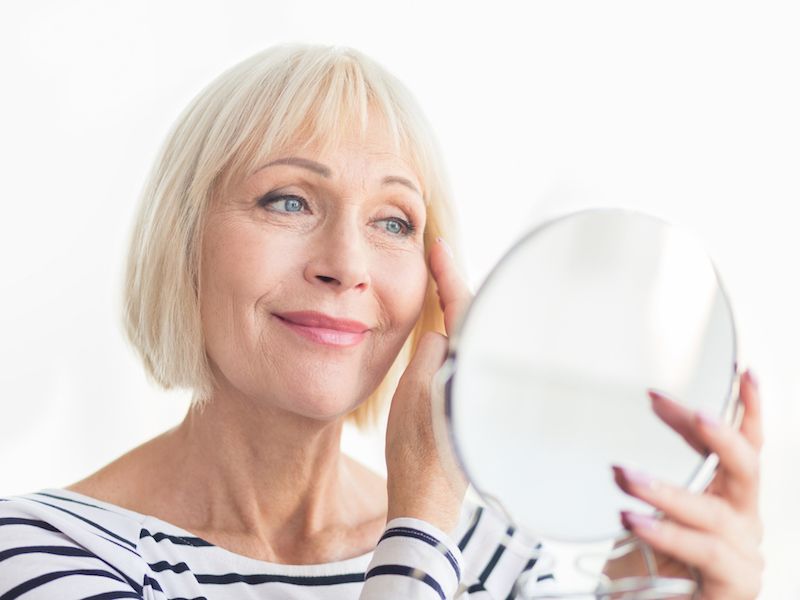
Everybody wants to stay youthful for as long as possible. We spend a great number of hours undertaking everything we can to stay young. From special diets to gym memberships to Botox to wrinkle creams. And yet, even with all that energy (and all that time), the one thing that might actually work, we often avoid: protecting our ears.
Hearing impairment is often one of those “signs of aging” that we tend to think of as inevitable. But it’s not that easy. By safeguarding your ears (and treating them with some kindness on the way), you can help avoid harm and keep your hearing in great shape. And excellent hearing can have considerable anti-aging effects as the years go on.
Aging And Hearing
The actual passing of time is not usually what we are referring to when we talk about aging. Rather, “aging” typically refers to the presentation of certain emotional, mental, or physical characteristics that we link to getting older. A perfect example of this is joint pain. You may relate sore knees, for example, with “growing old”. But lifestyle has as much to do with this as age does.
Many kinds of hearing loss fall under this category. There’s an accumulation of damage as you age. And in most situations, it’s the build-up of damage that causes the actual hearing deterioration. And that’s when things can begin to grow out of control. Untreated hearing loss has been associated with a number of other indications of aging:
- Depression and anxiety have been shown to have a strong link to hearing loss.
- When hearing impairments are unnoticed and untreated they can often hasten the onset of other mental health problems, including dementia.
- Untreated hearing loss may cause you to self-isolate from friends or family.
- In some situations, the mental demand associated with attempting to hear can result in problems like loss of memory or insomnia. And that can make you feel like you’re aging in an especially profound way.
So How do I Overcome Age-Related Hearing Loss?
You’re actually emphasizing damage prevention when you fight the “signs of aging” in your ears. And luckily, there are a few ways to accomplish that. For example, you can:
- Try to avoid loud noises as much as you can. If you have to expose yourself to loud noise, wear hearing protection. So make sure you use earplugs when you go to that rock concert.
- Boost your awareness. You can still suffer harm to your hearing even if sounds aren’t painfully loud. Your hearing can also be damaged by moderate noise if you are exposed to it for long periods of time.
- Wear ear protection to work if your job exposes you to loud noise. With modern quality ear muffs, loud noises are filtered out while voices are still able to be heard with clarity.
All of these steps will help protect your hearing. But in order to keep your hearing in good condition you can do one more thing: come see us for a hearing exam. Making sure you undergo hearing examinations regularly can help you discover hearing loss before it’s even recognizable. You should still have an exam even if your hearing is normal so that you can have a baseline to compare against in the future.
Keep Your Ears Healthy by Wearing Hearing Aids
The world we live in can be noisy. Despite your best effort to protect your hearing, you still might ultimately detect some hearing loss. You need to seek out help right away if you do detect any symptoms of hearing loss. Some of the age related concerns related to hearing loss can be avoided with a quality pair of set aids.
Hearing aids can help your ears function more youthfully, sort of like a facelift for your ears. And dementia, depression, and other issues can be prevented. The example isn’t perfect, as hearing aids are essential and a facelift isn’t, but you get the point. Wrinkle creams may help you look younger. But if you actually want to fight aging and feel a bit more youthful, your best bet is to safeguard your ears and take care of your hearing loss.